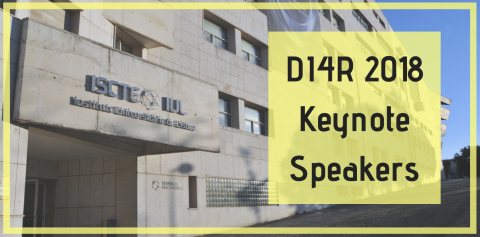CODE-RADE : Community Infrastructure for Automated Cross-Platform Application Delivery
Date:
Thursday, September 29, 2016 - 11:30
Overview:
Since the very first translation of a mathematical express into executable code, the process of porting applications to computational resources has been at the core of scientific computing. Of the thousands of scholarly communications published every year, at the heart of the majority of them is the analysis of some data, the simulation of a physical, chemical, biological or other process and the interpretation thereof. Scientific computing can therefore in a sense be distilled to the execution of an application - or rather sets of applications which are combined into complex workflows. Due to the complexity and number both of scientific packages as well as computing platforms, delivering these applications to end users has always been a significant challenge through the grid era, and remains so in the cloud era.
In this contribution we describe a platform for user-driven, COntinuous integration and DElivery of Research Applications in a Distributed Environment - project CODE-RADE. Starting with 6 hypotheses describing the problem at hand, we put forward technical and social solutions to these. Combining widely-used and thoroughly-tested tools, we show how it is possible to manage the dependencies and configurations of a wide range of scientific applications, in an almost fully-automated way. We discuss how CODE-RADE makes access to applications independent of the kind of computational resource that the application is eventually executed on. The platform is also means for developing trust between public computing and data infrastructures on the one hand and various developer and scientific communities on the other hand. Predefined integration tests are specified for any new application, allowing the system to be user-driven. This greatly accelerates time-to-production for scientific applications, while reducing the workload for administrators of HPC, grid and cloud installations.
Finally, we will give some insight into how this platform is being extended to address issues of reproducibility and collaboration in scientific research in Africa, via the use of persistence and uniqueness frameworks (ORCID and DataCite).
Target Audience:
This will be of interest to :
1. Application developers
2. Scientific community software managers
3. Advocates of Open Science and Reproducible Research.
Benefits for Audience:
The problem of reliable application delivery has been addressed in several way, but this gives the added benefit of being Open by design, reproducible and cross-platform. There is ample scope to collaborate on the development of the platform, as well as contribute new targets which may exist on other platforms that research communities are using. The entire infrastructure is reproducible and communities may benefit from adopting this approach themselves.
Topic 1: Challenges facing users and service providers
| Presenter | Organisation | URL |
| Bruce Becker | CSIR Meraka Institute | http://www.africa-grid.org/CODE-RADE |
Download presentation:



